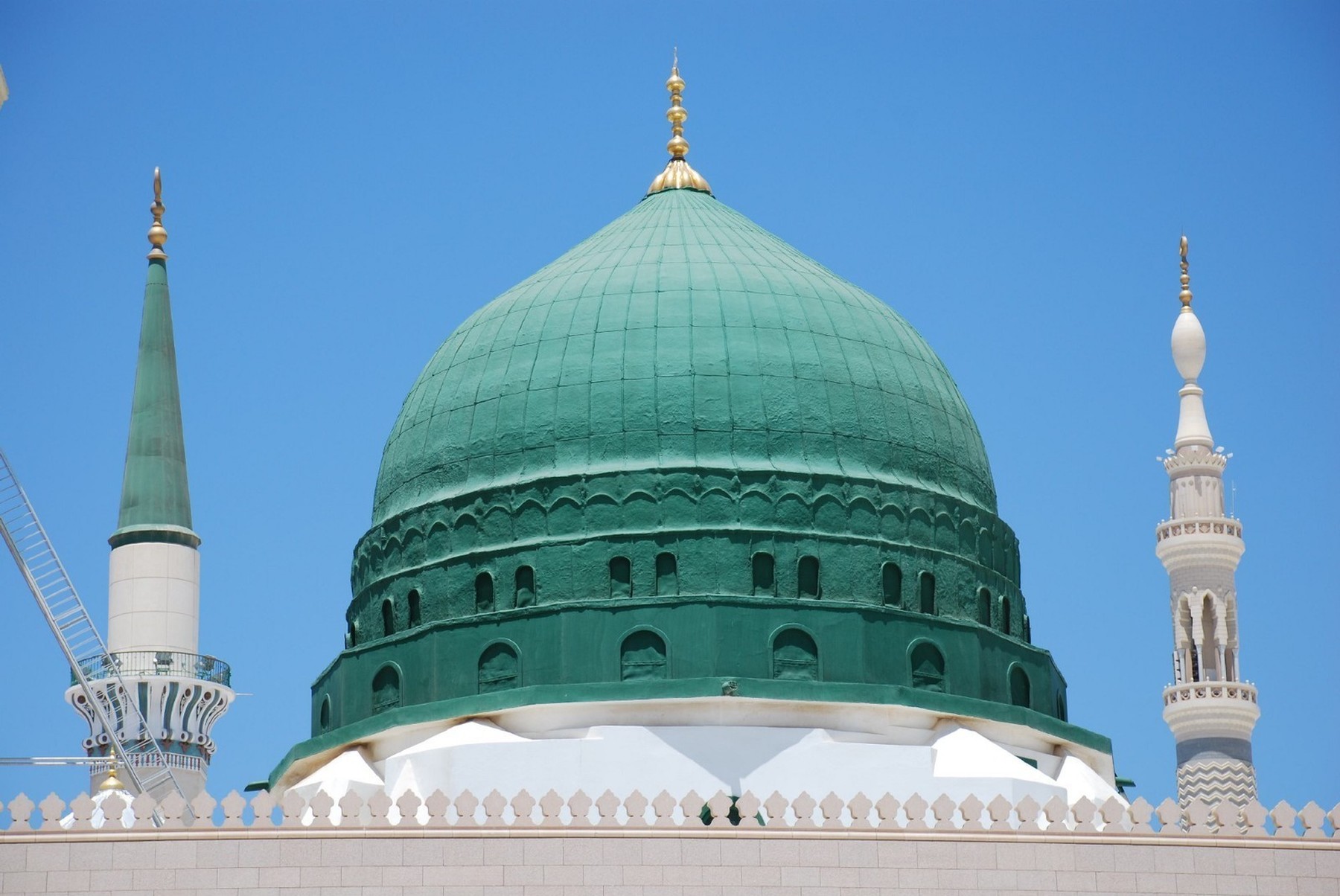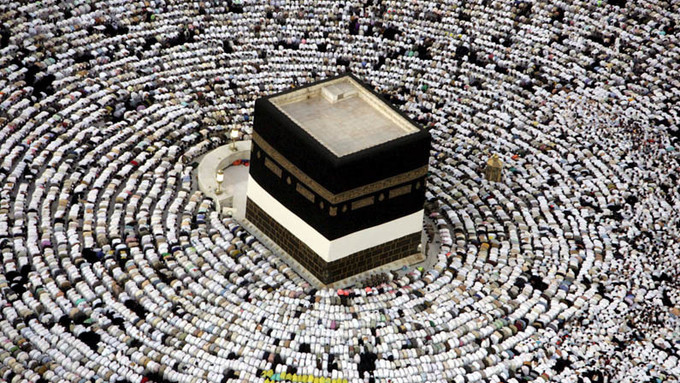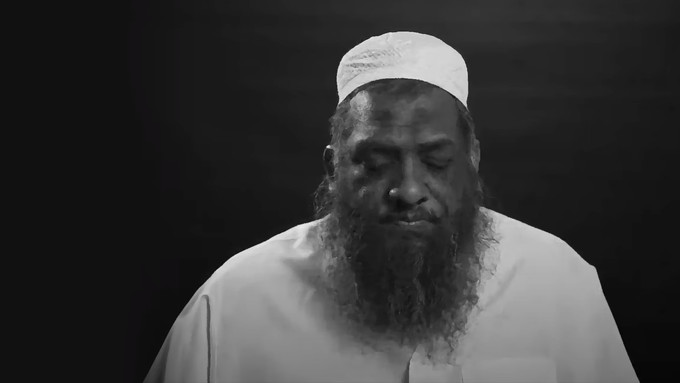Celebrating Mercy as a Life Principle

Mercy is a guiding principle that Muslims should celebrate and seek to embody inside the month of Rabi’ al-Awwal, the month of the birth of our Prophet (prayers and peace be upon him and his family), as well as in the other months of the Islamic calendar.
Allah (Mighty and Sublime) describes Himself most frequently in the Qur’an through different names meaning merciful and compassionate. In fact, every surah of the Qur’an except Surah at-Tawbah, which is the 9th Surah, begins with two of those names: the Merciful Benefactor and the Merciful Redeemer as Imam Warith Deen Mohammed (may Allah have mercy upon him) translated ar-Rahman and ar-Rahim. The Most High also describes His final Prophet who was sent with the final message to humanity Muhammad (prayers and peace be upon him and his family) as being a mercy. The Qur’an states, “We send you [O Prophet] except as a Mercy to the Worlds.”1 It also says, “Most certainly a Messenger has come to you from among yourselves, heavily it weights upon him that you may suffer, full of concern for you who is compassionate and merciful with the believers.”2 Hence, mercy is a guiding principle that Muslims should celebrate and seek to embody inside Shahr Rabi’ al-Awwal, the month of the birth of our Prophet (prayers and peace be upon him and his family), as well as in the other 11 months of the Islamic calendar.
Per the principle of mercy described in the Qur’an, Muslims should be compassionate and kind towards the entire creation beginning with human beings. It is Allah (Mighty and Sublime) who extended everything in creation based upon the principle of mercy and sent the light of the Prophet (prayers and peace be upon him and his family) to illuminate all based upon mercy. He states, “And My mercy encompasses everything.”3 As Surah al-Fatihah begins with the name Ar-Rahman, it is understood by the scholars of Arabic language and the Qur’an such as az-Zamakhshari that this name contains the meaning of exaggerated (al-mubalaghah) mercy meaning in this life and the hereafter. Allah’s unlimited mercy for every human being began through the creation of their very spirit (ruh) even before being physically birthed. Each breath that a human takes to having eyesight, audible perception, clothing to countless other favors are manifestations of Divine mercy even if people disbelieve in the existence of the Creator or associates partners with the Almighty. The mercy of the Most High cannot be measured by human beings, and the sending of His light to the worlds in the human perfection of the Prophet (prayers and peace be upon him and his family) allows the sincere to see with spiritual vision and heals the sick of their spiritual maladies.
Of course, the greatest mercy from the Prophet (prayers and peace be upon him and his family) is the gift of guidance to know Allah (Mighty and Sublime) who has no partners nor likenesses within creation. As a guide towards monotheism, the Messenger of Allah (prayers and peace be upon him and his family) exemplified mercy based upon loving the Merciful Benefactor, the Merciful Redeemer. In regards for treating people who are not Muslims with mercy even when hostility is shown, he provides the most excellent model. One such example of this took place in al-Madinah relating to some Jewish men who were belligerent towards him.
One day, a group came upon the Prophet (prayers and peace be upon him and his family) and exclaimed, “Death be upon you!” He replied to those Jewish men, “And unto you”. Then his wife ‘A’ishah said to the Jewish men, “No, death be upon you and curses.” The Prophet (prayers and peace be upon him and his family) then told her, “O ‘A’ishah! Surely Allah loves gentleness in every matter.”4 The Prophet (prayers and peace be upon him and his family) was not only merciful in his rhetorical response but in action as well given that he was the political authority in al-Madinah at the time of this event. The Jewish men who cursed him were not imprisoned nor physically harmed for their hostile speech and demeanor with him. Prior to this time, a tribe would fight another to the death in the Arabian Peninsula for saying such an insult to their tribal leader.
This merciful attitude taught that “Allah is not compassionate towards who is not compassionate to people” and became a model of behavior of resolving conflicts among his companions too, not just in dealing with those who were not Muslims.5 On one occasion, Abu Dharr al-Ghifari (may Allah be pleased with him) reviled Bilal bin Rabah (may Allah be pleased with him) pertaining to his mother. When Bilal complained while in a state of grief to the Prophet (prayers and peace be upon him and his family), the Prophet (prayers and peace be upon him and his family) told Abu Dharr, “You are a person that has the Days of Ignorance still in you.”6 Feeling remorseful, Abu Dharr offered to Bilal that he should step on his face to atone for the insult. In an act of mercy, Bilal did not put his foot on Abu Dharr’s face and instead pardoned him.
There is much more which could be elaborated upon to highlight the mercy of Allah (Mighty and Sublime) and His beloved Muhammad (prayers and peace be upon him and his family). It is of the essence during these times that we focus more on compassion and kindness and less upon harshness, more upon mercy and less upon retribution. May Allah (Mighty and Sublime) make our beings light from the light of Prophet Muhammad, the Mercy to the Worlds (prayers and peace be upon him and his family).
1. Al-Qur’an, Surah al-Anbiya, Ayah 107.
2 Al-Qur’an, Surah at-Tawbah, Ayah 128.
3. Al-Qur’an, Surah al-‘Aaraf, Ayah 156
4. At-Tirmidhi, Sunan at-Tirmidhi, Hadith #2701,
5. Al-Bukhari, al-Adab al-Mufrad, Hadith #94.
6. Abu Dawud, Sunan Abi Dawud, Hadith #42901
Faith & Spirituality Related Articles

5 Practical Steps To Get You Ready for Ramadan
As Ramadan is less than a month away, we might feel we often haven't done enough to prepare for it. Here are 5 things we can do right now during Shaban to make sure that we get the most out of Ramadan. The Prophet (Peace & Blessings upon Him & His Family) supplicated,” O Allah give us the blessings of Shaban and give us the treasure of Ramadan.”

Hajj at Home: Kindling the Spirit of Arafah
Even if we are not on Hajj this year, our situation is no different. We navigate through the complexities of our daily life, immersed in the never-ending responsibilities of work and family, inundated with the intrusions of technology and social media into every minute of our lives, moving from place to place and idea to idea.
